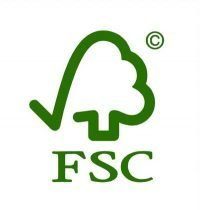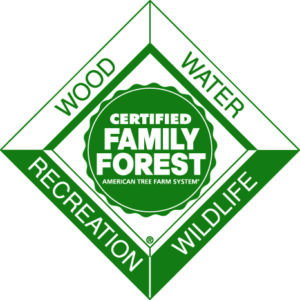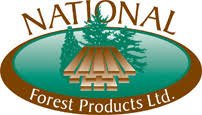
What Is Forest Product Certification
Real Cedar And Forest Certification
More than 85 percent of timberland in BC, which is the primary source for western red cedar, is certified by internationally recognized, independent, third-party forest certification agencies.
The point of independent, third-party evaluations is to protect environmental values such as biodiversity, soil and water quality. Here’s how they work:
Evaluation
Forest companies operating in BC must meet or exceed the high forest management standards demanded by government. In addition, they also have a high level of third-party certification, which gives customers added assurance that they are practicing responsible and sustainable forest management.
Environment
The forests are assessed according to rigorous, measurable and scientific criteria that include ensuring protection of biodiversity and preserving soil and water quality.
Label and Chain of Custody
Forest products can include a label indicating they have been approved as environmentally-friendly and a chain-of-custody system, which tracks a wood product from a tree in the forest through all the steps of processing and production until it reaches the consumer.
Major Certifications
Major Third Party Certification In The US And Canada
Canada is a world leader in the development and implementation of independent, third party forest certification programs. That’s why Canadian and US manufacturers – in particular British Columbian Real Cedar producers – want their customers to have proof that their wood products meet the strictest of sustainability standards.
Certification Fact – At the end of 2019, B.C. had 53 million hectares (131 million acres) of certified lands.
Here is a breakdown of the most trusted third-party, certification agencies in the world:
International Standard Organization (ISO)

Evaluates environmental management systems.
Most of B.C.’s major forest companies have certified ISO 14001 international environmental standards.
Canadian Standards Association (CSA)
 Evaluates forest practices and performance using internationally recognized criteria that are adapted to local conditions through a transparent public participation process.
Evaluates forest practices and performance using internationally recognized criteria that are adapted to local conditions through a transparent public participation process.
Includes a product label and a chain of custody.
The Council of European Paper Industries has ranked the CSA as among the best in the world and the American Forest and Paper Association recognizes it as the functional equivalent of the Sustainable Forestry Initiative.
Sustainable Forestry Initiative (SFI)
 Evaluates forest practices using a tough standard of environmental principles, objectives, performance measures and core indicators.
Evaluates forest practices using a tough standard of environmental principles, objectives, performance measures and core indicators.
Guided by an independent sustainable forest board.
Includes a product label.
Forest Stewardship Council (FSC)

Evaluates forest practices using 10 guiding principles adapted to local conditions using regional standards.
Includes a product label and a chain of custody.
American Tree Farm System
 Tree Farms are inspected and certified to assure proper forest management that includes the conservation of soil, water and wildlife.
Tree Farms are inspected and certified to assure proper forest management that includes the conservation of soil, water and wildlife.
For more than 70 years, ATFS has enhanced the quality of America’s woodlands by giving private forest owners the tools they need to keep their forests healthy and productive.
ATFS is administered through a network of forest landowners, volunteer members of state and local committees and associations, national and state government agencies, inspecting foresters, forestry consultants, natural resource professionals, and private industry.





